Free Tropical Runtz seeds on orders over $150!
Boron deficiency in cannabis is actually more trouble than you may think. Being a micronutrient, boron’s importance is often overlooked, however, this nutrient is pretty important to several plant functions.
Boron is a micronutrient. Although plants require this nutrient in small amounts, its usefulness is significant. Cannabis plants require relatively high amounts of Boron for optimal growth and survival. Vulnerability to boron deficiency can adversely affect specific aspects of cannabis plant cell functioning like metabolism, protein synthesis, and seed production.
Cannabis growers should cultivate their plants in neutral soils to promote boron uptake. Moreover, avoiding sandy soils which have low moisture content can enhance the availability of Boron for your cannabis plants.
Boron deficiency symptoms are present in actively growing tissue, specifically the roots and shoots. Some of the most common boron deficiency signs you should know about as a cannabis grower include:
One of the early signs of boron deficiency in cannabis plants is the thickening of leaves. Moreover, since the leaves are malnourished, they become weak and can break easily upon bending. The most affected leaves are the ones near the shoot tip. Boron assists in chlorophyll synthesis. Therefore, you will notice that the younger leaves are paler than the older ones. However, the chlorosis will vary depending on other growing conditions. Some veins in the leaves may also appear bumpy, pointing to boron deficiency.
Cannabis plants also exhibit symptoms of boron deficiency on roots. If you notice that your roots are short with rough skin that wrinkles towards the ends, then your plants are lacking enough Boron. Another root sign of boron deficiency is irregular thickening, causing the formation of dumbbell-shaped roots.
Boron is a nutrient that assists in plant cell division. For this reason, boron deficiency may affect cannabis plant growth, especially during the vegetative stage, as it destroys the meristematic cell line. Another abnormal growth symptom of boron deficiency cannabis is a deformation of lateral shoots. As mentioned earlier, boron deficiency will cause thickening in young leaves and cause them to curl. This condition may also inhibit cannabis plants flowering or may cause deformity.
The leading cause of boron deficiency in cannabis is directly associated with soil conditions. Sandy soils report cases of boron deficiency cannabis because they are more prone to leaching. Leaching causes a significant nutrient reduction that leads to deficiency symptoms, thus affecting the integrity and survival of cannabis plants.
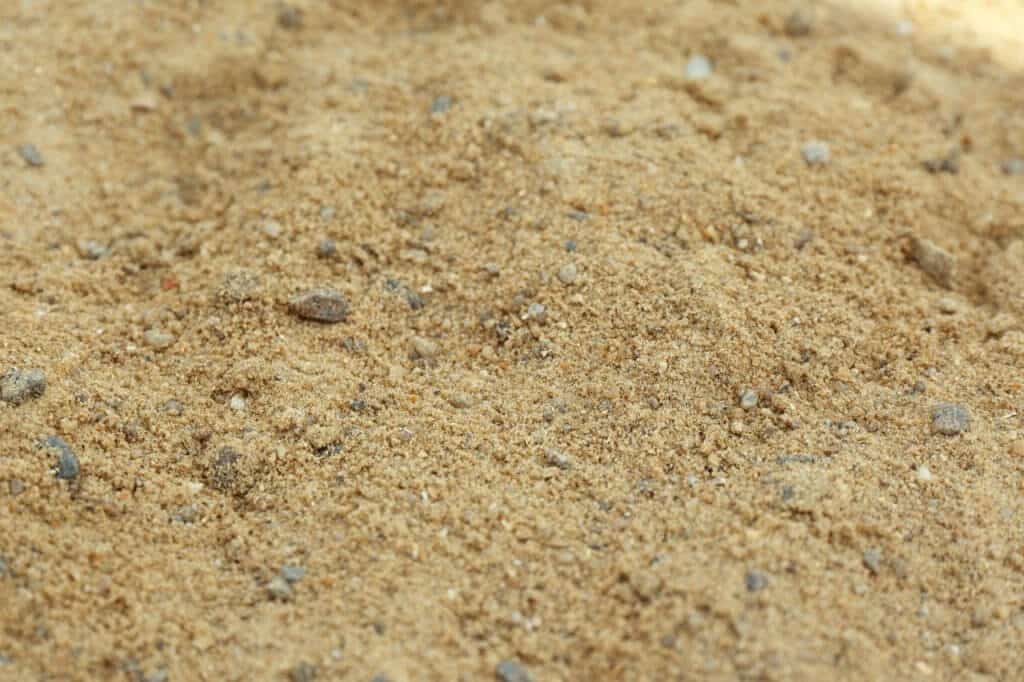
Acidic and alkaline soils also affect boron uptake by cannabis plants. A neutral pH level will best allow cannabis roots to absorb Boron.
Boron helps your plants to synthesize protein. Moreover, this trace element helps develop cell walls. The absence of trace elements like Boron can cause significant problems that inhibit the growth of your plants. If you depend on your cannabis to do well, you need to ensure that your soil has optimal levels of Boron, or you will have a hard time maintaining the steady growth of your cannabis plants.
It is essential to correctly diagnose your plants before choosing a solution because if you make a wrong diagnosis, your plants will not respond to treatment. Experienced growers understand their plants and can correctly read a condition when it occurs. However, if you do not have enough experience, your best bet would be to type in your plants’ symptoms onto a search engine and see if you can match any pictures with your deficiency.
Suppose you begin to notice rough spots and yellowing signs of boron deficiency in cannabis. In that case, the first solution is to flush your plants and rinse your medium with pH-balanced water to ensure that your plants absorb no more nutrients. Please do not start to pour in products thinking that it is what your plant needs. Sometimes the root cause of boron deficiency might be something else like pH problems.
Every cannabis grower appreciates the importance of pH for optimal plant growth. pH allows plants to take in Boron efficiently. However, it would be best if you understood that different nutrient absorption requires different pH levels. You should ensure pH balances your water across a range of numbers. The ideal range is between 5.5 and 6.5. This range will allow for trace amounts of boron absorption that promote plant growth.
After making the necessary corrections, you should expect symptoms to improve after about one week. Once the recovery process is over, it is okay to remove damaged leaves because they are unsuitable for your plants and may take up nutrients that could benefit other healthy leaves.
Various symptoms point toward different kinds of nutrient deficiencies. For example, yellowing leaves are a sign of chlorosis and do not only mean that your cannabis plants lack Boron. Another nutrient deficiency that presents yellow leaf symptoms includes nitrogen. The best way to avoid confusion and make an accurate diagnosis is to observe the pattern of yellowing. There are deficiencies like nitrogen that affect older leaves, unlike boron presents on younger leaves.
Another symptom of boron deficiency that is similar to other nutrient deficiencies is stunted growth. This symptom is hard to distinguish, especially since it only points to malnourishment. However, stunted growth will help you acknowledge that there is a problem that needs fixing.
Boron is a unique deficiency that is somewhat easy to identify. The most apparent signs of boron deficiency in cannabis plants are the yellowing of the leaves. Spotting is another sign to observe.
It is essential for growers to regularly test their soils to know what is in the base levels and find out what your plants are short in or have a surplus of: because for all deficiencies, there are also toxicities.
Too much Boron in your plants will result in boron toxicity that has various adverse impacts on your plants. Ensure that you conduct enough research to help you analyze boron deficiency and help you develop an ideal treatment plan for your cannabis plants.
Find out more about all the different cannabis deficiencies and become a master grower in no time at all.
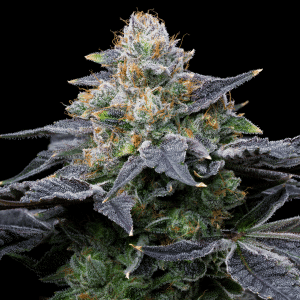
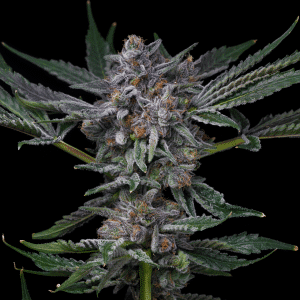
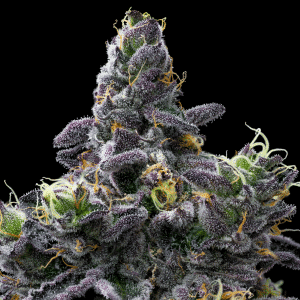
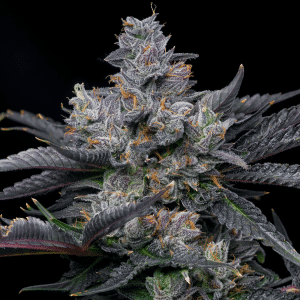
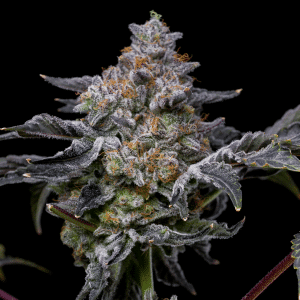
Offers
This product is not for use by or sale to persons under the age of 18. This product should be used only as directed on the label. It should not be used if you are pregnant or nursing. Consult with a physician before use if you have a serious medical condition or use prescription medications. A doctor’s advice should be sought before using any hemp products. All trademarks and copyrights are property of their respective owners and not affiliated with nor do they endorse this product. These statements have not been evaluated by the FDA. This product is not intended to diagnose, treat, cure or prevent any disease. By using this site you agree to follow the Privacy Policy and all Terms & Conditions printed on this site. All products contain less than 0.3% Cannabinoid-compliant with applicable Federal Laws. Please make yourself aware of any and all applicable laws regarding hemp in your jurisdiction. Premium Cultivars accepts no liability or responsibility regarding germination laws in any specific locale state or national jurisdictions.THCA products are not available for shipment to the following states: Hawaii, Idaho, Minnesota, Oregon, Rhode Island, Utah, Vermont *Note: Products with Total THC content above 0.3% must not be shipped to these states.
We want to help you get your hands on the seeds you want, take 20% off your next purchase when you enter your email below!
We want to help you get your hands on the seeds you want, take 20% off your next purchase when you enter your email below!